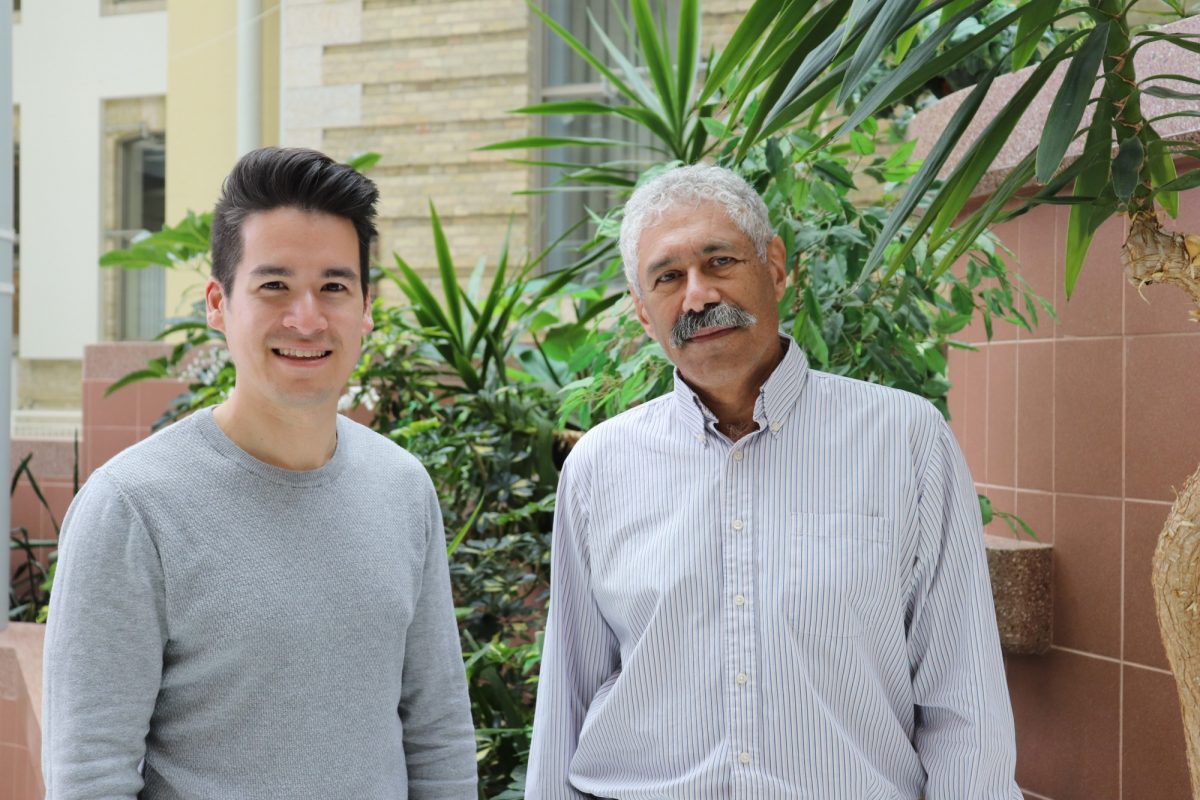
Rudy Falk Clinician-Scientist Professorship award winner seeks to prevent rheumatoid arthritis
Assistant professor Dr. Liam O’Neil wins award designed to support early-career clinician-scientists
Will Falk describes his father, Rudy Falk [B.Sc.Med./60, MD/60] as a “classic triple threat.” Rudy Falk was a surgeon, professor at the University of Toronto and director of the Falk Oncology Centre. His dedication to research and clinical practice inspired the Rudy Falk Professorship award.
“He would wake up at 5:30 a.m. every morning to go into the lab and start on his research. Then head to the OR at 7:00 a.m. where he had a full patient load,” says Will Falk.
The three-year professorship was inspired by the Centennial Fellowship, a two-year award that allowed Rudy Falk to study in Stockholm with highly respected immunologists.
“What we try to do is give young scientists protected time for research while still establishing themselves as physicians,” says Will Falk.
This year’s recipient, assistant professor of internal medicine and immunology, Liam O’Neil [BSc/09, MD/12] embodies Falk’s zeal for research and clinical practice. While in medical school, O’Neil thought he would practice as a physician full-time. However, while working with different mentors throughout his career, he found himself gravitating more towards research.
“The more you learn about medicine and disease, the more you realize how little we actually know about diseases such as rheumatoid arthritis. I think that combined with the right mentorship really facilitated my interest in pursuing a research career,” O’Neil says.
This professorship will allow him to study the causes of rheumatoid arthritis and investigate how to possibly prevent the disease once a person has developed the autoantibodies. Working with O’Neil on this study is Dr. Hani El-Gabalawy, professor of internal medicine and immunology and Endowed Rheumatology Research Chair, who also nominated O’Neil for the professorship.
“He has been a huge mentor for me. I certainly would not have applied without his support, he really believed in me,” says O’Neil.
Rheumatoid arthritis affects only about 1 per cent of the population, but around 2 – 3 per cent of people who live in Indigenous communities, where O’Neil and El-Gabalawy have been focusing their research.
O’Neil says the increase in the affliction of rheumatoid arthritis in these communities is likely due to genetics and environmental factors. By observing individuals who are more likely to develop rheumatoid arthritis and observing what may be causing those individuals to develop the disease, they may be able to pinpoint how to prevent the disease.
He and El-Gabalawy are using a combination of nutritional supplements, curcumin, vitamin D and omega 3 to treat people who have rheumatoid arthritis antibodies to see if they can be used as a preventative measure.
O’Neil hopes that this award will bring attention not only to his research on rheumatoid arthritis but also to careers that combine research and clinical practice.
“There’s not many people who take on clinical duties but also engage heavily in doing research. It’s not a common career path so I really saw this professorship award as an opportunity to promote the department and the research we are doing,” says O’Neil. “There is no replacement for physicians engaged in an active research program. I think it’s really important that we continue to promote these types of careers as being viable for individuals who are early in their training programs.”
O’Neil finds working with patients to be one of the most rewarding aspects of his job. He asks them to participate in his research to learn more about what they can do to prevent or treat their disease.






